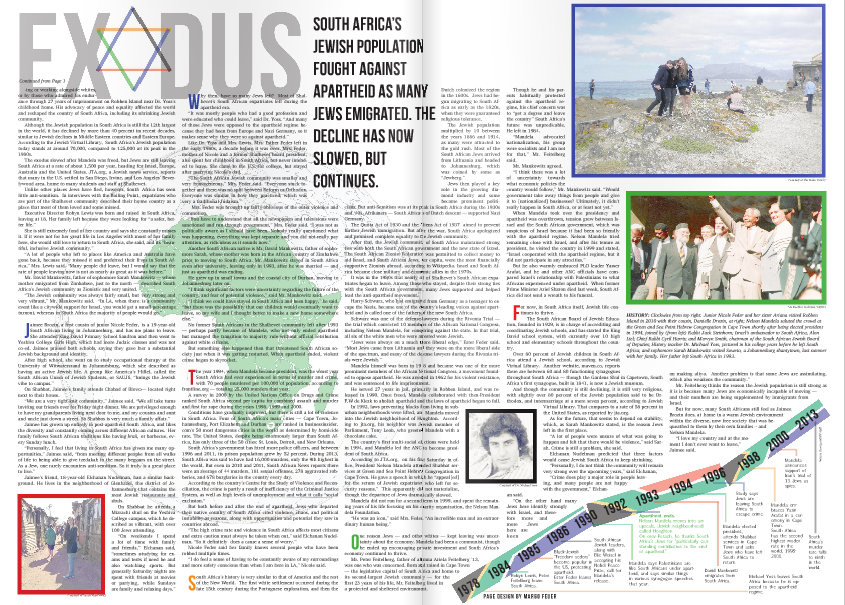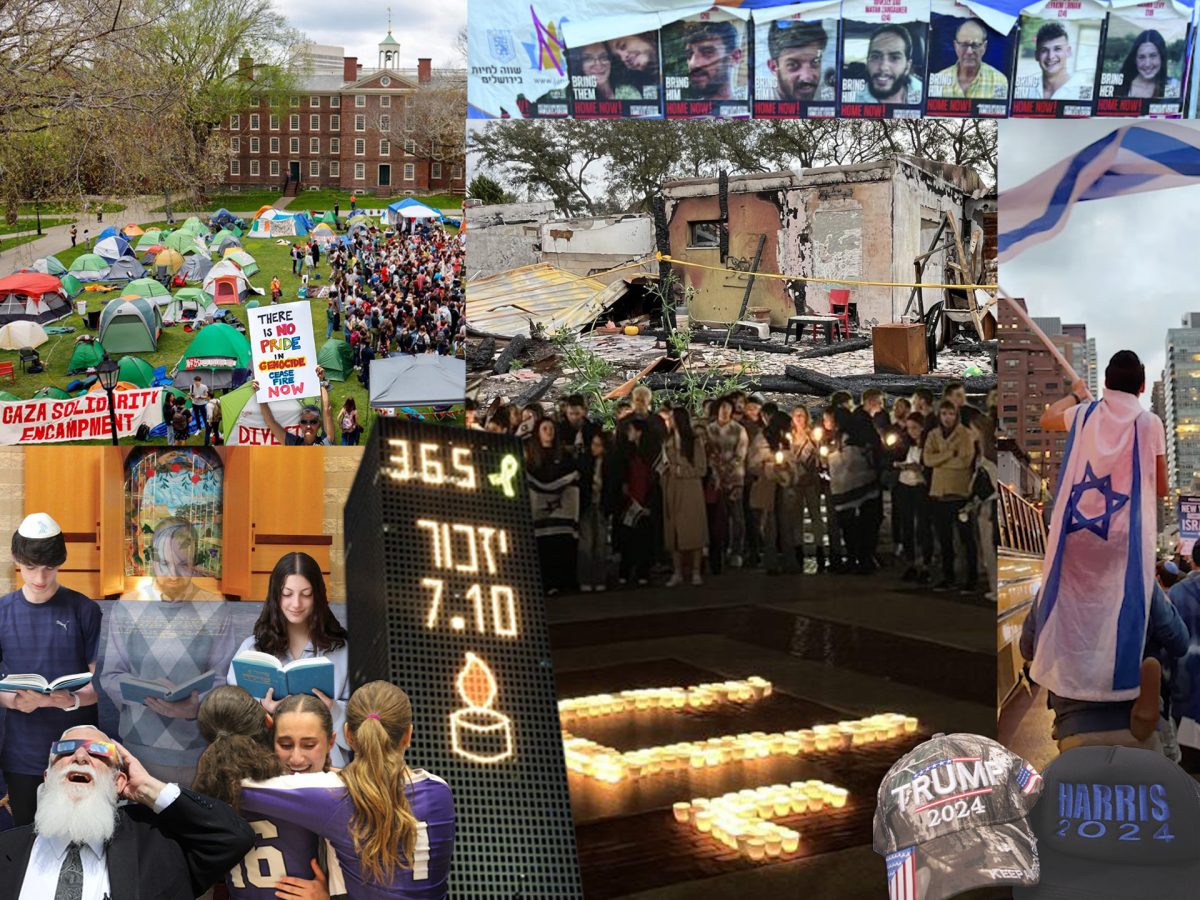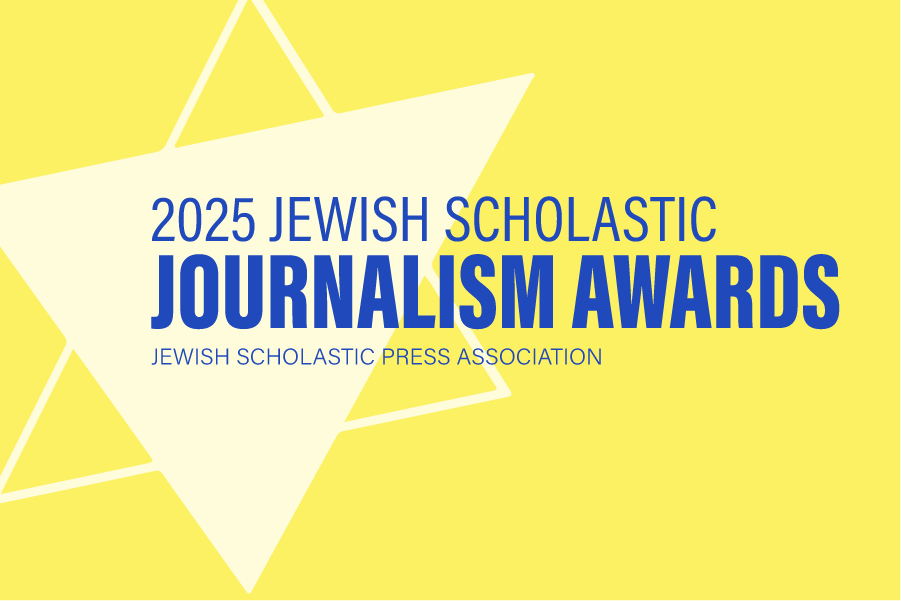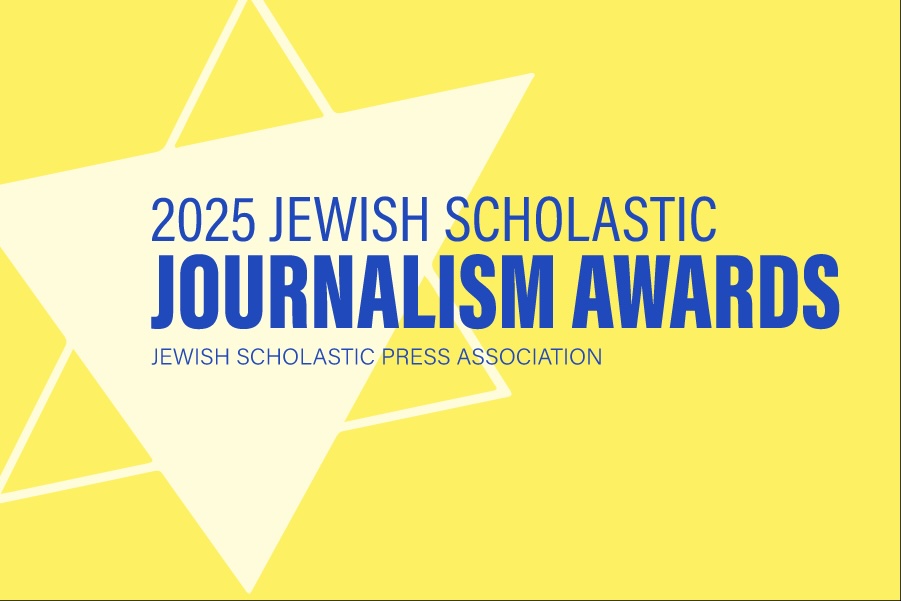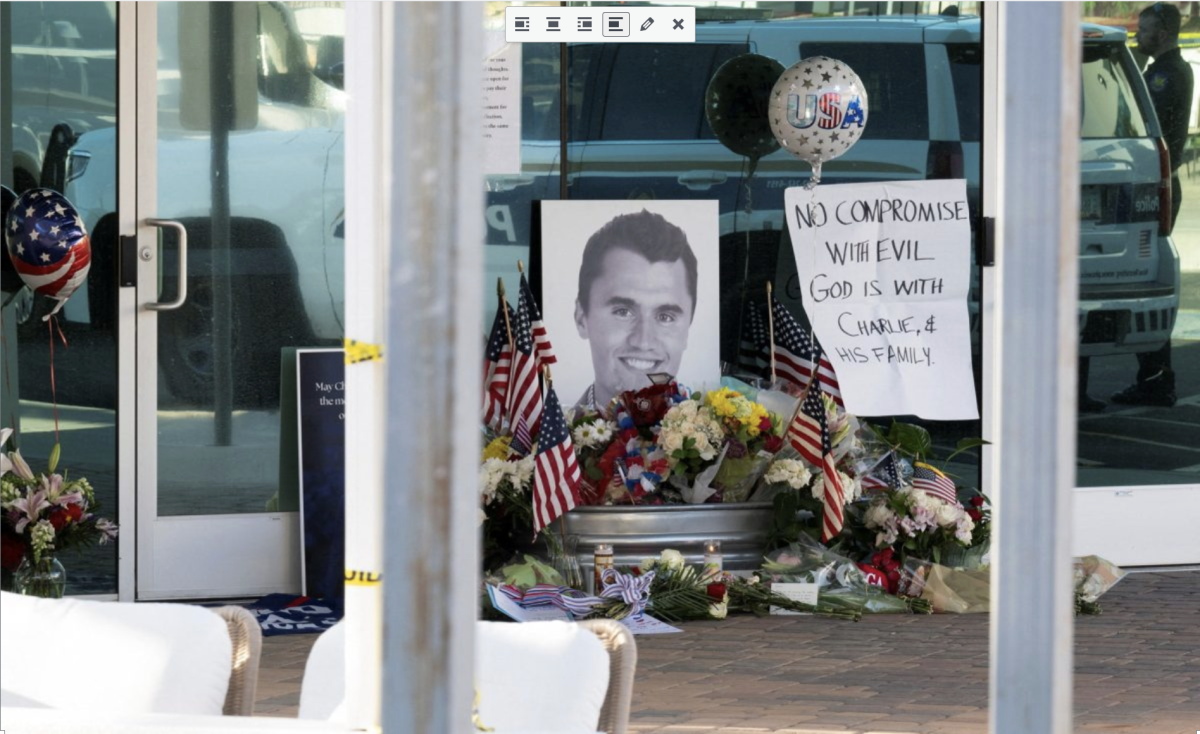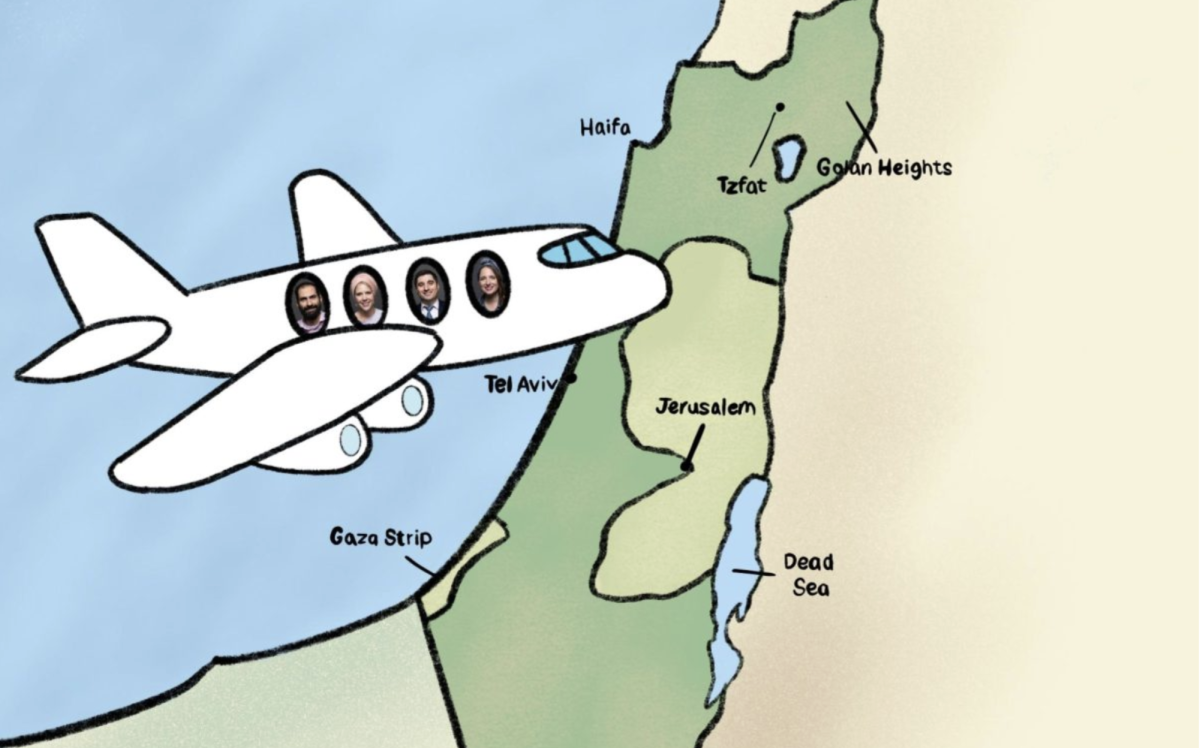Noah Rothman, a junior at Shalhevet High School in Los Angeles and Torah Editor of the school’s newspaper, The Boiling Point, was awarded the Grand Prize in Jewish Scholastic Journalism Nov. 1 at the annual Convention and Shabbaton of the Jewish Scholastic Press Association in Los Angeles.
The contest was judged by the Jewish Journal of Greater Los Angeles, and Noah’s prize is an internship there.
The winning articles explored the subject of whether girls would be allowed to wear tefillin during prayer services at his school. Under Jewish law, boys 13 and older are required to wear tefillin during morning prayers, and since girls are not required to, there is disagreement over it should be allowed. An applicant to Shalhevet’s freshman class had asked whether she would be permitted to wear them if she enrolled there.
Rothman wrote five stories on the subject, including reports of an all-school Town Hall meeting, a question-and-answer with the mother of the girl who applied, and interviews with rabbis at seven other Modern Orthodox high schools around the U.S. about their policies. The final story in the series reported that rabbis at SAR High School in Riverdale, New York, had changed their minds and would now allow the practice.
“The series is well-sourced and does a good job of thinking up numerous, interesting angles to what could have been a single story,” wrote the judges in comments attached to the contest results. “The Q & A did a particularly good job of offering insight into the issue from a girl’s perspective and it was nice to get a national perspective as well.”
Second prize was shared by Eric Bazak and Margo Feuer, also of Shalhevet, for their report titled “Exodus: Jewish population wanes in South Africa.” Tied to the death last year of former South African President Nelson Mandela, the article described the views and experiences of Jews from South Africa living in Los Angeles as well as some who are still there. Bazak wrote the story, and Feuer designed a double-page layout with a timeline that blended historical dates with when people in the story had left.
“This article is incredibly well-researched,” the judges wrote. “Every time you wonder something while reading it, the answer pops up in the next paragraph. The beautiful layout not only complements the story nicely, taking a long piece and making it easier to read, it actually adds value.”
Third prize went to Jessica Spitz of Harvard-Westlake School in North Hollywood, California, whose report titled “Watching the News Unfold” appeared in the Harvard-Westlake Chronicle. Spitz described the experiences of Harvard-Westlake students in Israel during last summer’s Gaza war.
“This well-written story could have appeared in the Jewish Journal,” the judges wrote. “It does a good job of providing context, sharing anecdotes, and including various points of view.”
The awards were announced at the end of the JSPA’s three-day gathering at Bnai David-Judea Congregation in Los Angeles.
Rothman’s articles also won a 2014 Simon J. Rockower Award — 2nd prize in the Boris Smolar Awards for Investigative or Enterprise Reporting — given by the American Jewish Press Association, which except for Shalhevet is a contest for professional papers. His story on the policy change at SAR went viral, amassing more than 20,000 internet hits in just four days.
“I thought the topic was really cool, and it would be interesting to really compare the story to other schools and see how the subject was handled nationwide,” said Rothman, who also presented a workshop at the conference titled “The Torah Section: How to find news in Tanach, Halacha and morning davening.”
He said he would definitely pursue the internship, and had already been considering pursuing journalism beyond high school.
“I was kind of thinking what is a good way to start in journalism,” Rothman said, “or see if it’s something I want to do professionally, and this is definitely a great place to start and see if I like it.”
